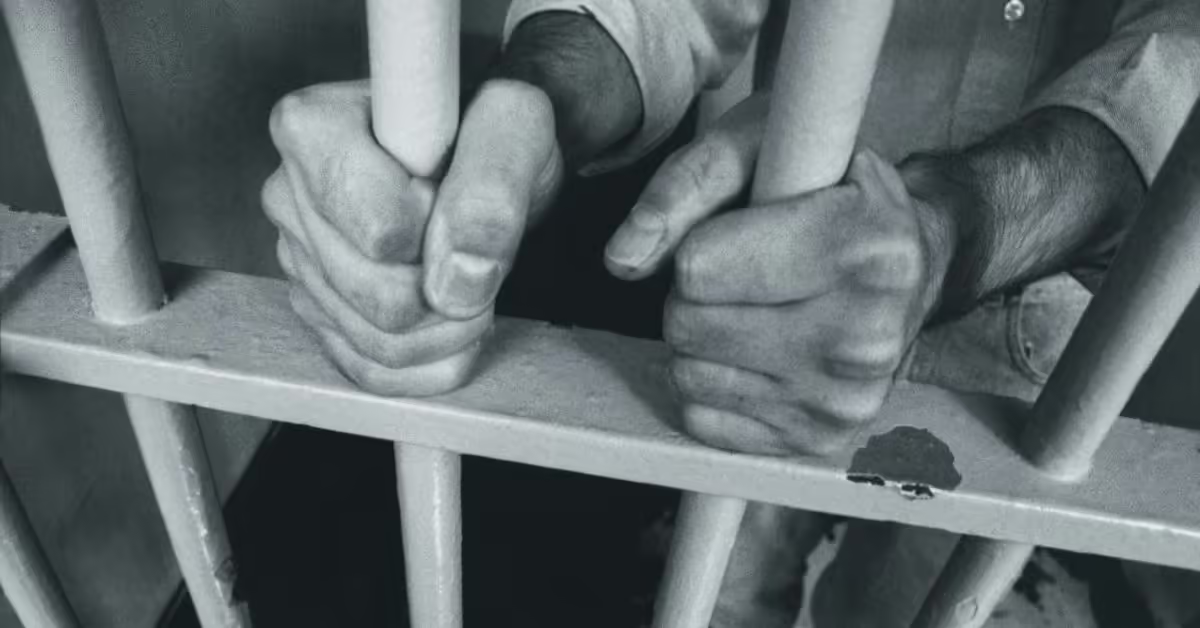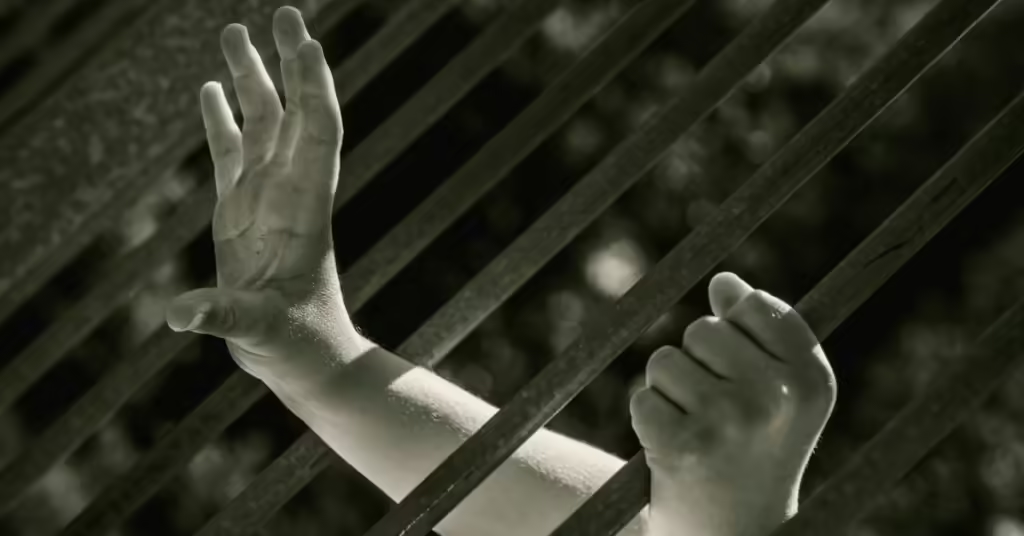This week, the NT Government made a controversial decision. They’ve lowered the age of criminal responsibility from 12 to 10 years old. That’s right—children as young as 10 can now be held responsible for crimes. In summary, this means young children can be arrested, charged, and dragged through the court system, just like adults. Unsurprisingly, the public and legal professionals have backlashed against the recent NT age of criminal responsibility.
In fact, legal experts, community leaders, and advocates spoke out against it. The idea of holding children this young accountable in a legal sense feels unjust. Additionally, it is out of touch with what we know about child development.
Read our Case Studies on criminal matters.
NT Age of Criminal Responsibility
Our Principal Solicitor, Peter O’Brien, is one of the voices standing firmly against this move. He doesn’t mince words:
“The decision by the NT Government to reduce the age of criminal responsibility is appalling, scandalous and morally reprehensible. It is a decision that flies in the face of all we know about youth and crime, and all the more woeful in the Territory where its youth detention system has been well documented to be so archaic, systemically racist and seriously damaging. It is a decision that demonstrates that the politic of the Territory is just too far gone for self governance.
The Debate: Arguments For and Against NT Age of Criminal Responsibility
The decision to lower the age has sparked heated discussions, with supporters and critics putting forward strong arguments.
Arguments For Lowering the Age
– Addressing Youth Crime: Proponents argue that lowering the age may help tackle youth crime by allowing earlier intervention. Basically, they believe catching criminal behaviour early could reduce the chances of future offenses.
– Accountability: Some claim that not holding children accountable for serious crimes removes responsibility. They also argue that even at 10 years old, children should start understanding the consequences of their actions.
Arguments Against Lowering the Age
– Ineffective for Community Safety: Critics say that lowering the age will not make communities safer. Research shows that early contact with the criminal justice system increases the likelihood of reoffending. Rather than stopping crime, it might make it worse.
– Developmental Concerns: Children as young as 10 lack the cognitive and moral development needed to fully understand the criminality of their actions. Experts point out that kids this age are still learning basic life skills, and criminal punishment is the wrong approach.
– Disproportionate Impact on Indigenous Youth: This policy change will also likely hit Indigenous communities hardest. There is already an overrepresentation of Indigenous youth in detention. Lowering the age risks worsening systemic inequalities, perpetuating racial profiling and negative stereotypes.
– Failure to Address Root Causes: Critics also argue that the government is missing the real issues. For example, domestic violence, substance abuse, mental health struggles, and educational disengagement. Criminalizing children doesn’t solve these problems—it just hides them.
– International Standards: Many countries and child rights organizations recommend raising the age of criminal responsibility to at least 14. So, the NT’s move stands in stark contrast to global trends and is out of step with modern research on child development.
– Alternative Approaches Needed: Prevention, early intervention, and support are far more effective than punishment. Addressing the root causes of youth crime through education, mental health services, and family support could have a much greater positive impact.

The NT Government’s Position
Yet, the government defends their decision, claiming it will help address youth crime. However, their reasoning seems flawed when weighed against the evidence. Basically, punishment alone rarely works, especially with children. They need guidance and support, not criminalization.
This isn’t the only recent tough-on-crime policy the NT Government has introduced. For example, new laws now allow on-the-spot fines for public drinking. However, critics argue these measures prioritize punitive actions over therapeutic, long-term solutions.
A Broken System for Young Lives
This new legislation adds to an already troubled youth detention system in the Northern Territory. The system has been described as outdated, damaging, and systemically racist. Lowering the age of criminal responsibility will only funnel more young lives into this broken system.
NT Age of Criminal Responsibility: What is going to happen now?
As this law takes effect, its impact will be closely watched. Will it reduce youth crime, or will it lead to more harm? One thing is certain—this decision feels like a step backward.
In summary, children deserve better. They need support, not punishment. Lowering the age of criminal responsibility is not the solution to youth crime. It’s a policy that risks doing more harm than good, especially to the most vulnerable in our society.
Need a lawyer?
If your child or someone you know needs criminal defence, speak to us today. Please call (02) 9261 4281, or email . In some cases, we can help arrange a free, confidential consultation for you.*



